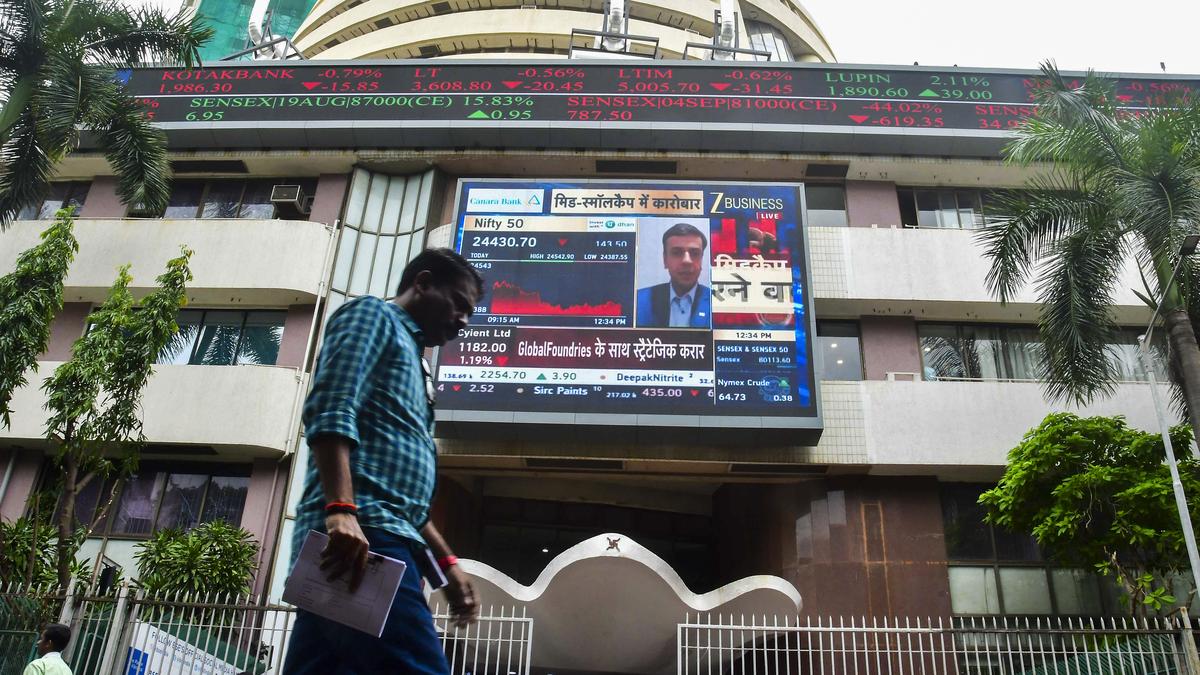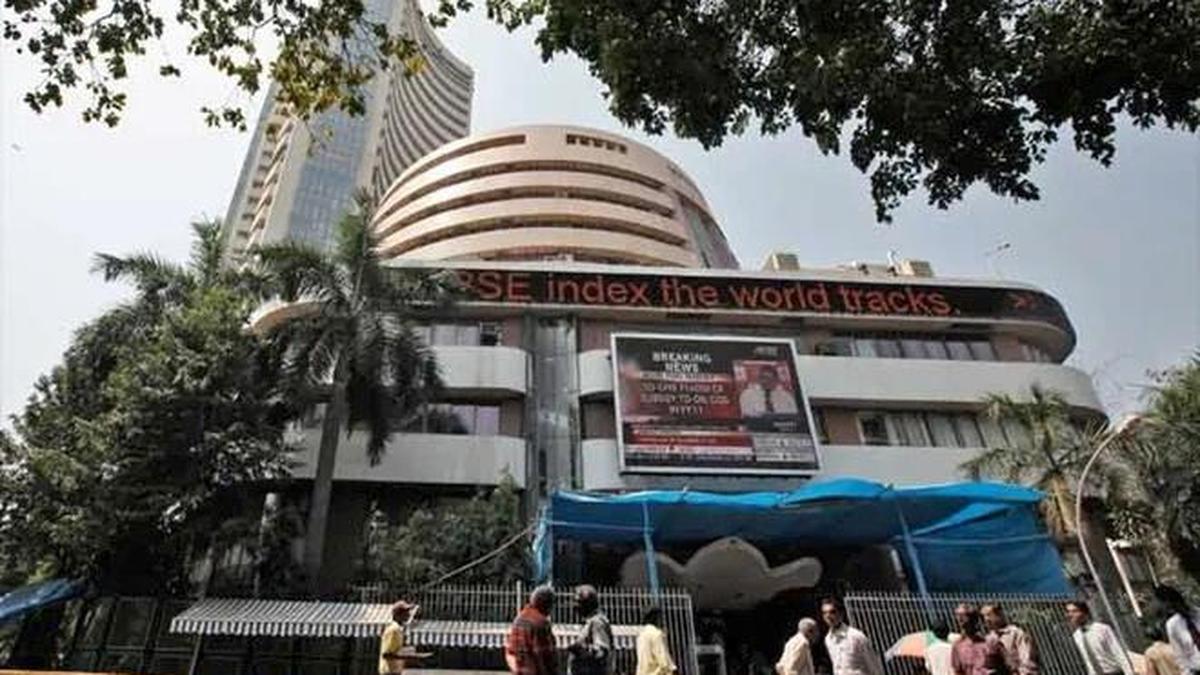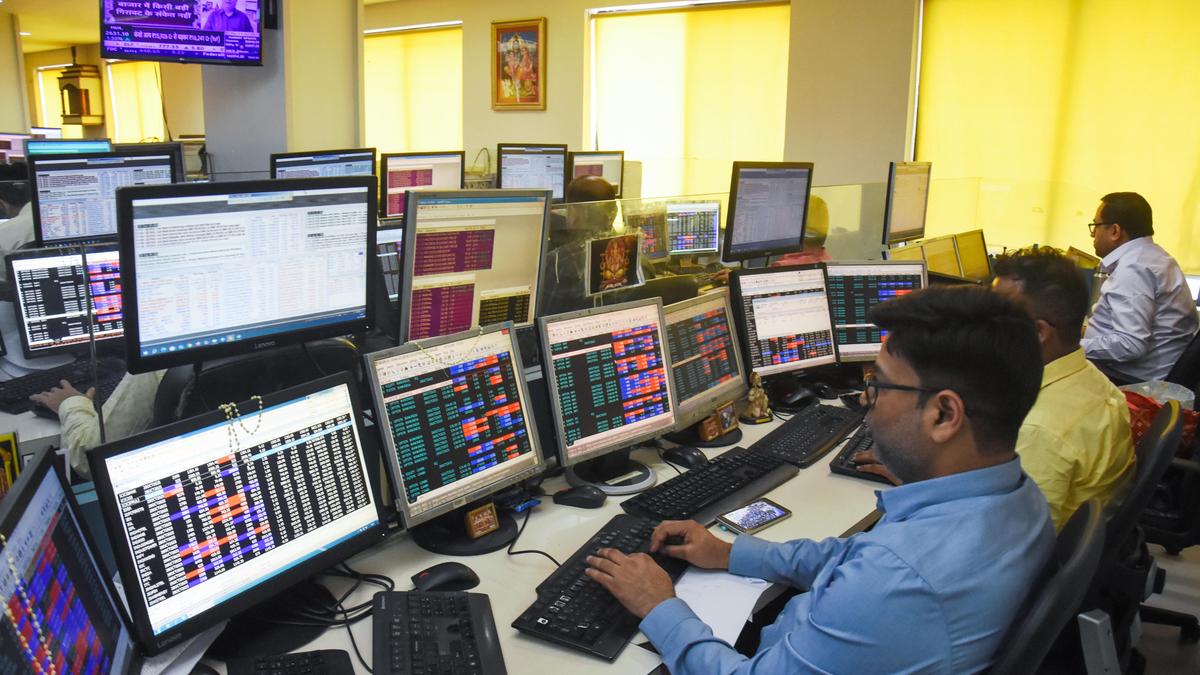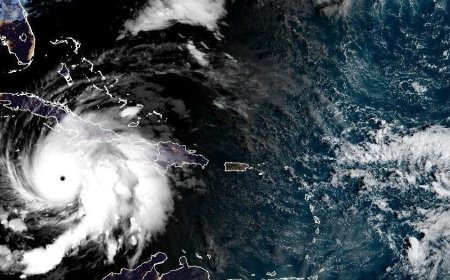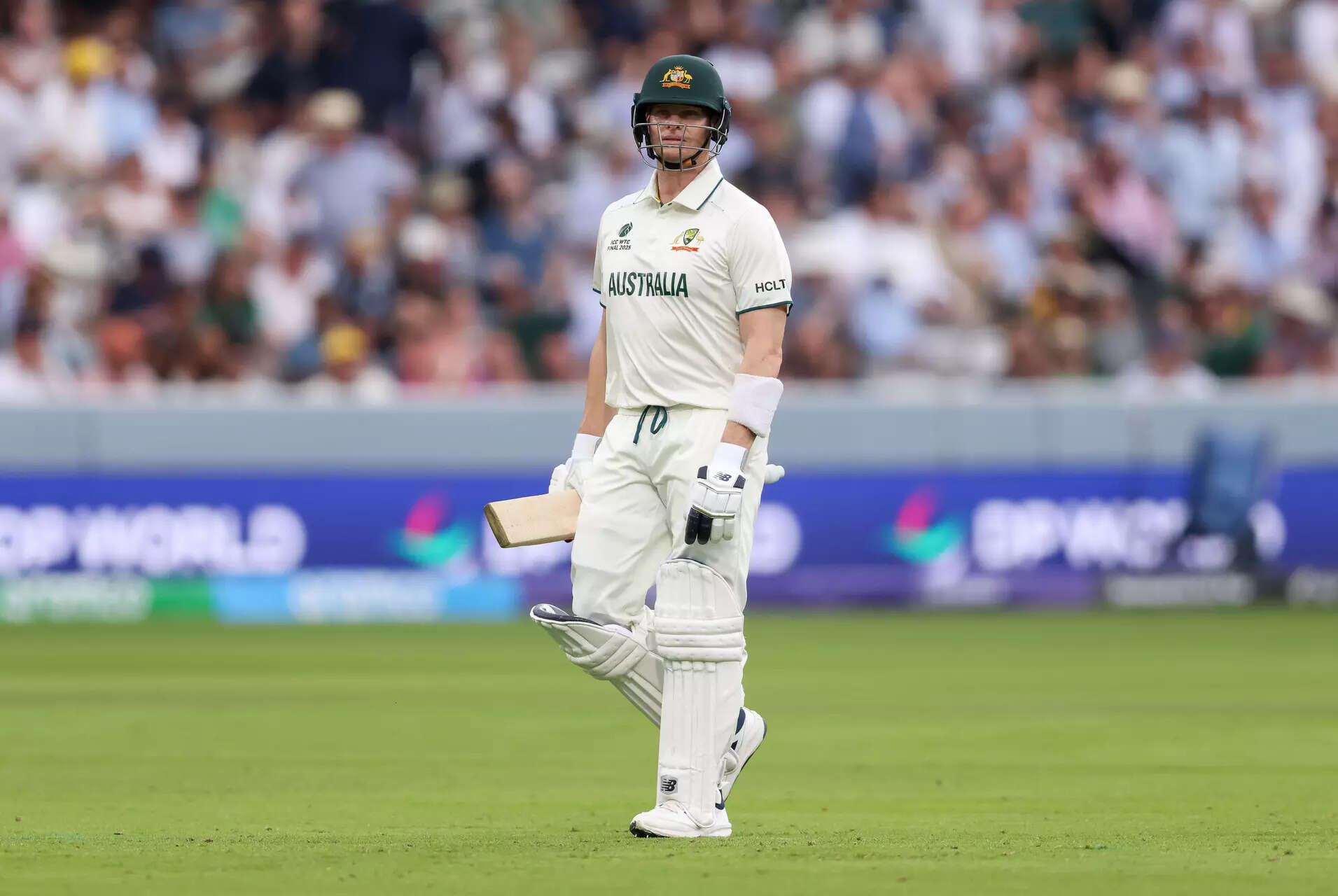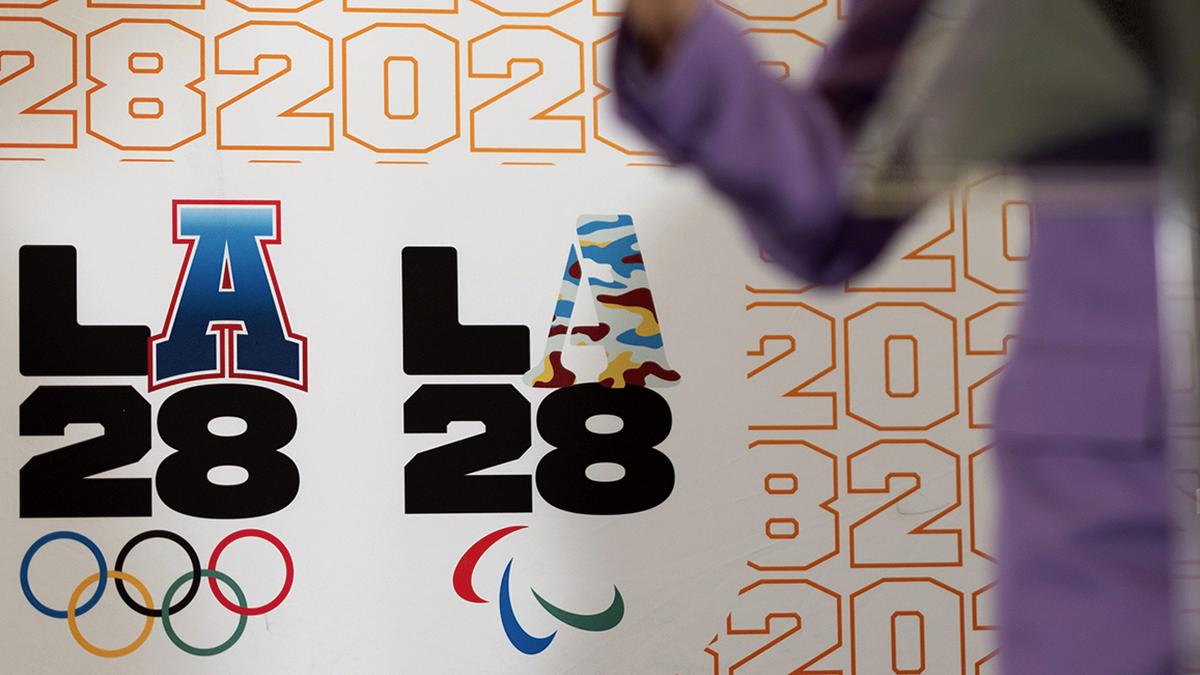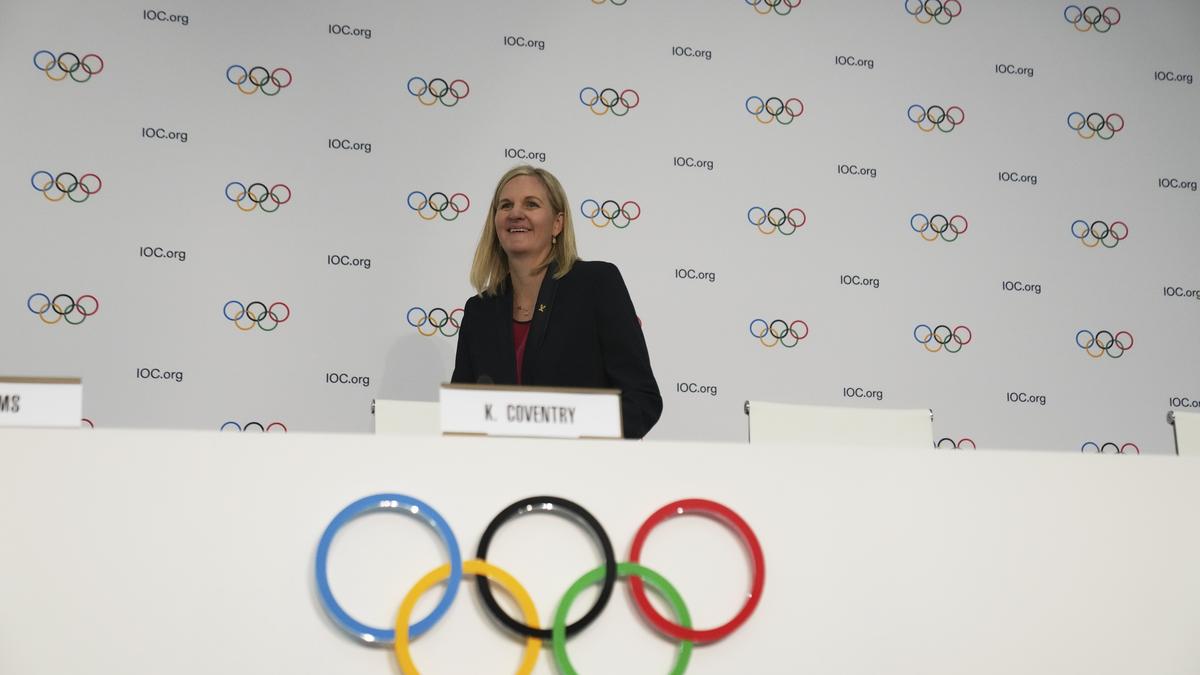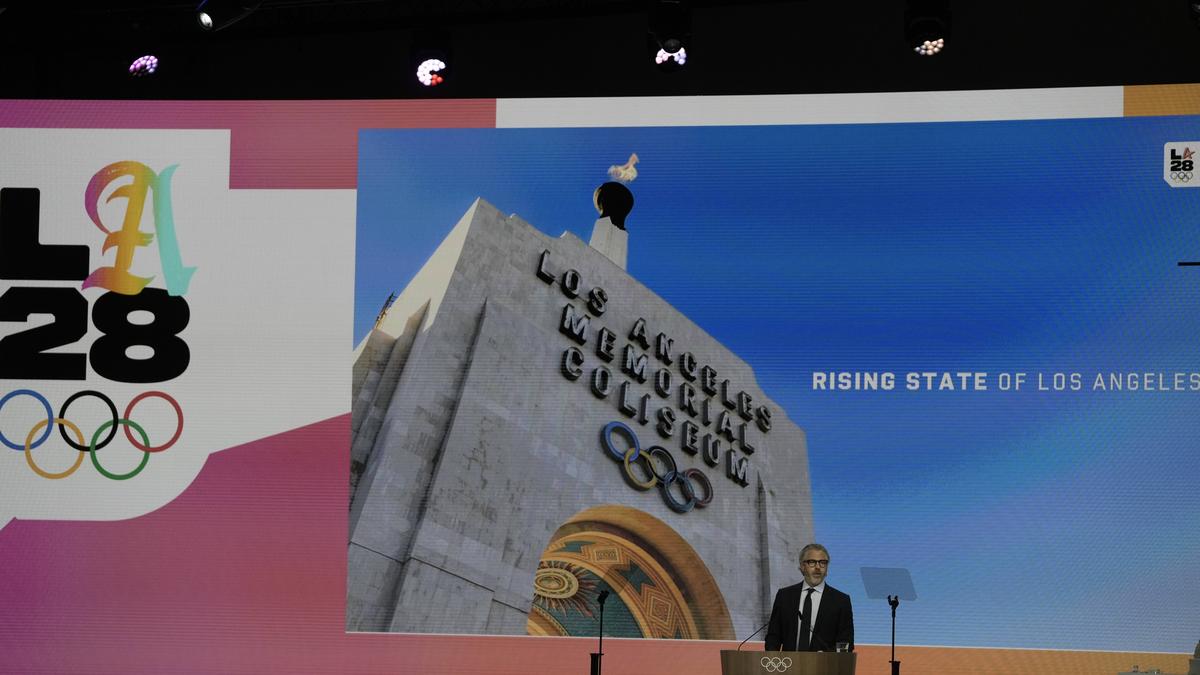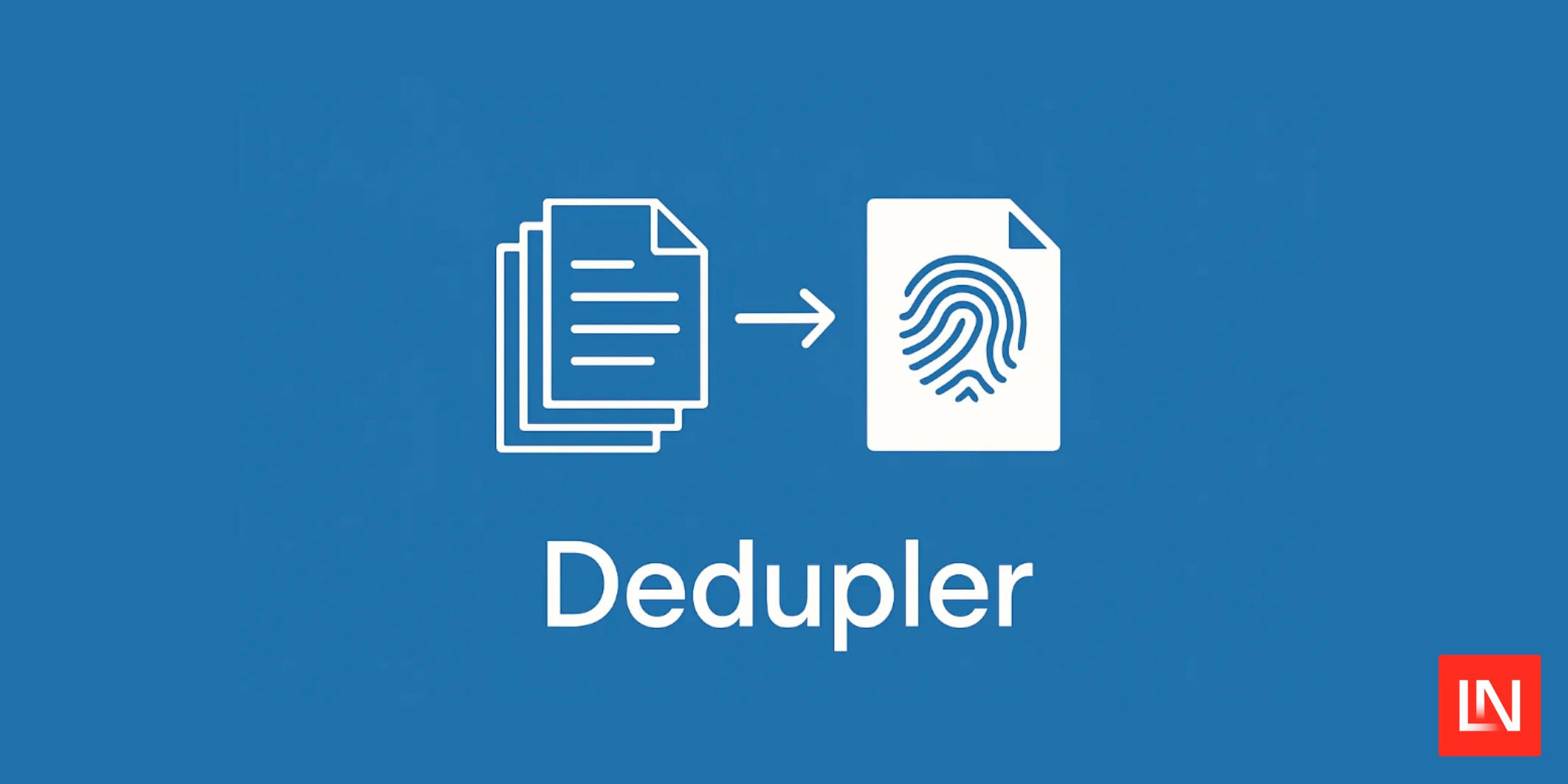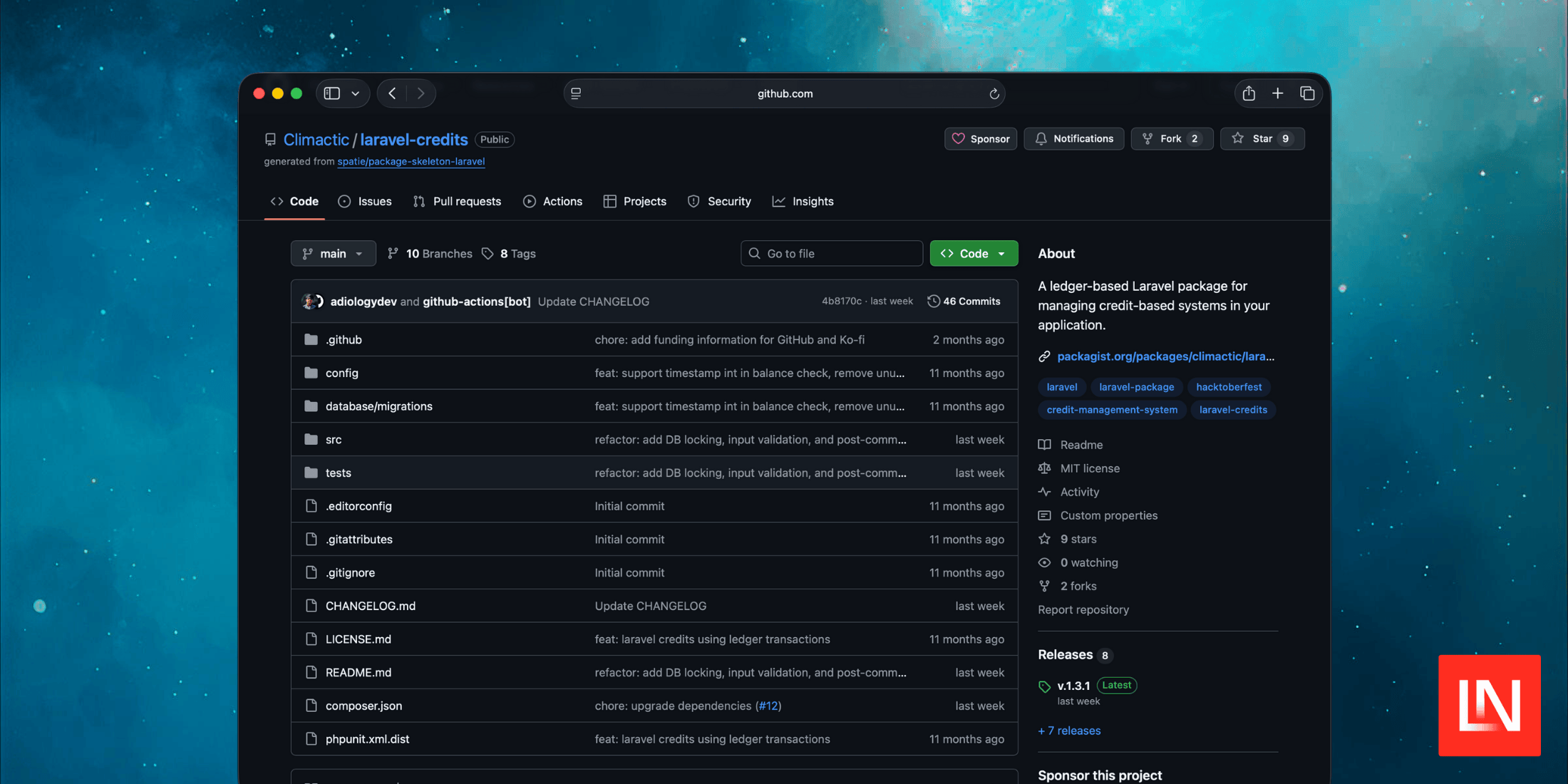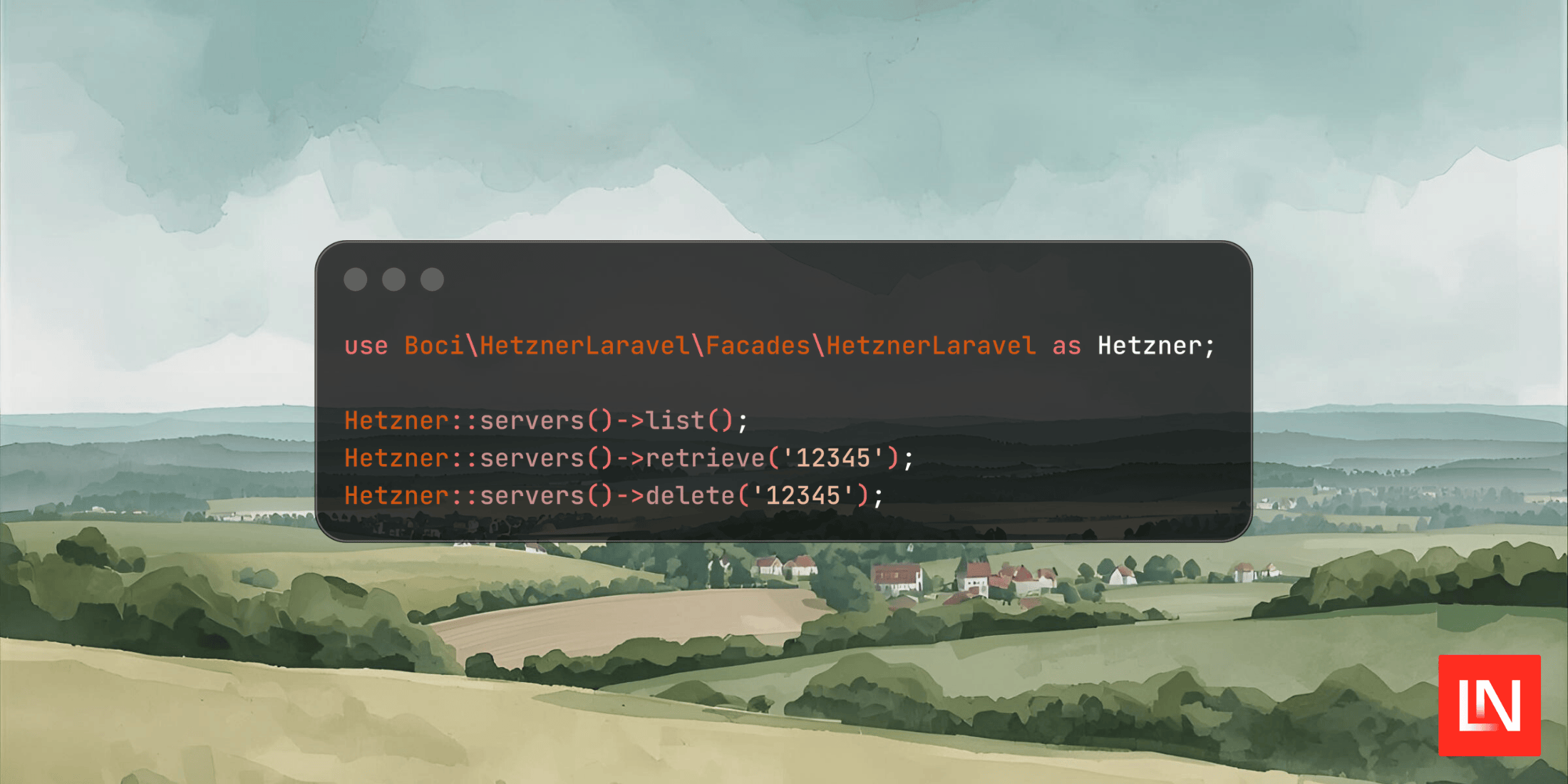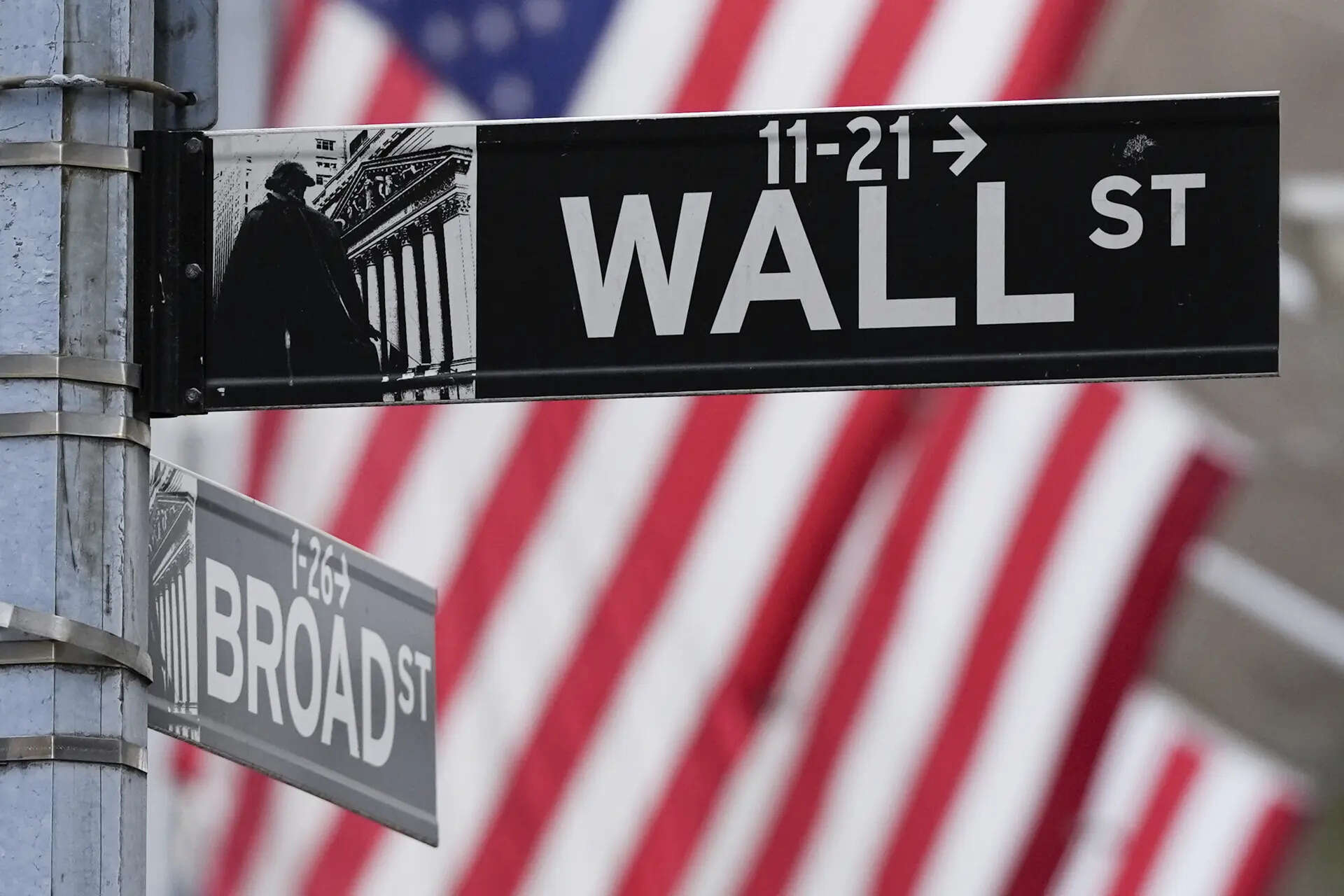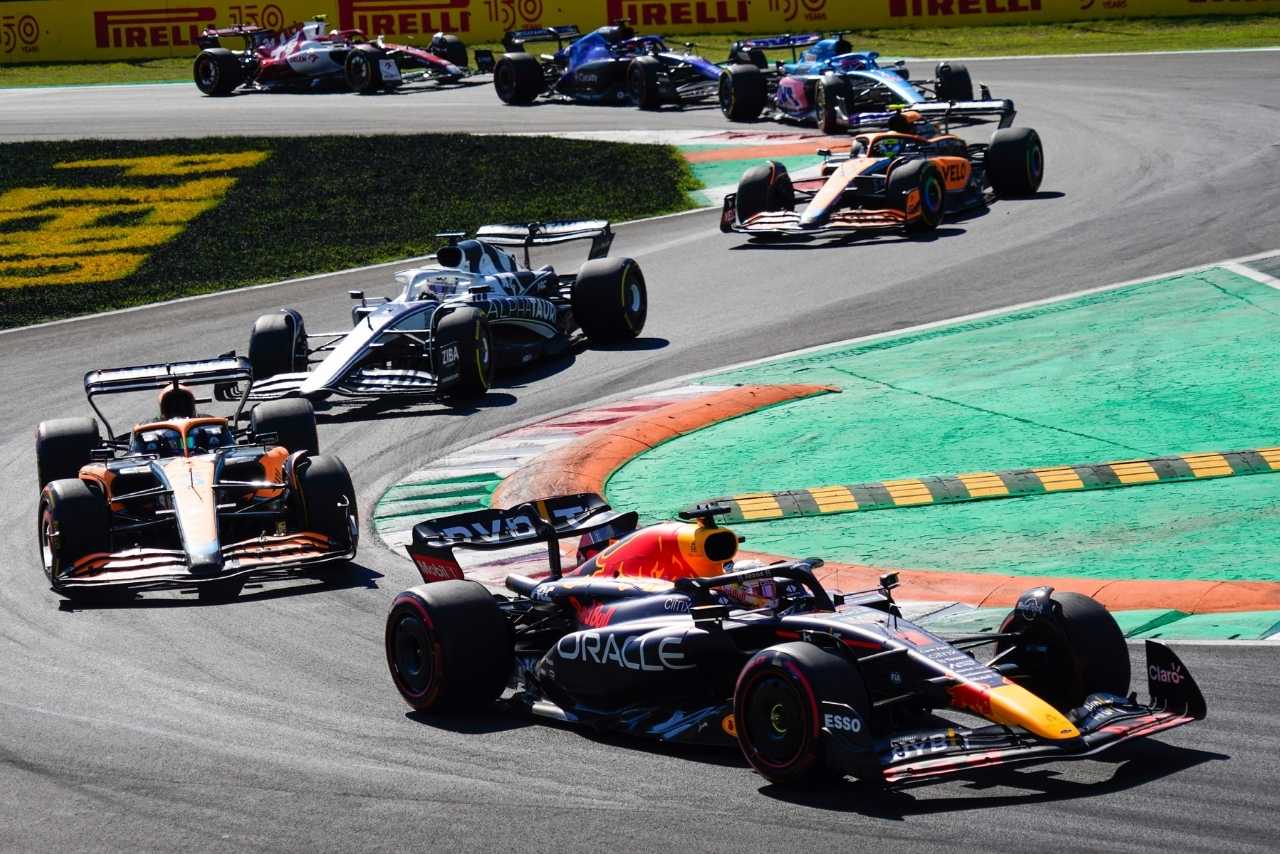Will SEBI’s New Intraday Trading Rules Impact BSE Ltd? Here’s What Goldman Sachs Says
Synopsis: Goldman Sachs has kept a ‘Neutral’ rating on BSE Ltd, setting a price target of Rs 2,250, which indicates there’s not much room for growth. While SEBI’s new intraday trading limits are designed to curb excessive risk-taking, Goldman cautions that these regulations might affect derivatives trading volumes and could hinder BSE’s revenue growth. With […] The post Will SEBI’s New Intraday Trading Rules Impact BSE Ltd? Here’s What Goldman Sachs Says appeared first on Trade Brains.


Synopsis:
Goldman Sachs has kept a ‘Neutral’ rating on BSE Ltd, setting a price target of Rs 2,250, which indicates there’s not much room for growth. While SEBI’s new intraday trading limits are designed to curb excessive risk-taking, Goldman cautions that these regulations might affect derivatives trading volumes and could hinder BSE’s revenue growth.
With a market capitalization of Rs 89,210 crore, the shares of BSE Ltd are currently trading at Rs 2,203 per share, representing a decline of 27 percent from its 52-week high of Rs 3,030 per share. Over the past five years, the stock has delivered a multibagger return of 3,682 percent.
Analyst Comment
Goldman Sachs has kept a ‘Neutral’ rating on BSE, setting a price target of Rs 2,250, signalling a minute upside. However, they believe that the new intraday trading restrictions will have a more significant impact on the industry than they initially thought.
Previously, Goldman estimated a 5 percent decrease in options premiums after SEBI introduced end-of-day position limits. But now that intraday limits are in place, the effect on industry index options premiums could be even greater. Consequently, Goldman has revised its options premium penetration ratio estimate down from 0.5x to 0.3x, meaning they expect less derivatives income industry-wide.
Still, Goldman pointed out that the exact impact is hard to determine due to insufficient data on intraday exposures compared to end-of-day positions. These changes come as SEBI reassesses its derivatives trading framework in light of recent market developments, including a temporary ban on the US-based high-frequency trader Jane Street, whose trading strategies were found to be manipulative and potentially harmful to retail investors.
Also Read: Jewellery stock in focus after FII plans to acquire 10% stake in its subsidiary
But what did SEBI propose?
SEBI has rolled out some new rules aimed at keeping a closer eye on intraday trading in the stock market, starting October 1. These guidelines are designed to curb excessive risk-taking while ensuring the market remains smooth and stable.
Now, each trader or institution can take positions worth up to Rs 5,000 crore in a single day. This is a significant jump from the previous limit of Rs 1,500 crore, which was based on end-of-day positions.
Additionally, the total exposure for the day is capped at Rs 10,000 crore, and this limit will apply separately to buying (long positions) and selling (short positions). To keep tabs on this, stock exchanges will conduct at least four random checks throughout the day, including one during the peak trading hours between 2:45 pm and 3:30 pm.
If anyone exceeds these limits, exchanges will look into their trades and request explanations. On expiry days for derivatives, breaking these rules could also result in penalties, which will be determined by the exchanges.
In simple terms, SEBI is looking to limit very large intraday trades to minimize risks while still allowing enough liquidity for smooth trading.This move aims to curb excessive risk-taking while ensuring that liquidity and smooth functioning of markets remain unaffected.
But how does it impact BSE?
SEBI has upped the net intraday position limit from Rs 1,500 crore to a whopping Rs 5,000 crore per entity, while also introducing a new gross exposure cap of Rs 10,000 crore for both long and short positions. At first glance, it seems like traders can now take on larger positions, but the real shift here is that those massive speculative bets are now capped and will be closely monitored.
Previously, high-frequency traders (HFTs), proprietary desks, and large institutions often took positions well over Rs 10,000 crore intraday and would close them out before the market wrapped up, which led to a surge in options trading volumes.
Given that BSE’s recent growth has largely stemmed from its derivatives segment, particularly index options, these new restrictions could have a direct effect on its business. If speculative traders pull back, we might see a dip in derivatives volumes, which would impact BSE’s transaction-based revenue.
In summary, while the Rs 5,000 crore limit may seem generous at first, the stricter gross exposure cap and real-time monitoring will make it tougher for big traders to generate those huge volumes, a factor that could potentially slow down BSE’s recent growth.
Written by Satyajeet Mukherjee
Disclaimer

The views and investment tips expressed by investment experts/broking houses/rating agencies on tradebrains.in are their own, and not that of the website or its management. Investing in equities poses a risk of financial losses. Investors must therefore exercise due caution while investing or trading in stocks. Trade Brains Technologies Private Limited or the author are not liable for any losses caused as a result of the decision based on this article. Please consult your investment advisor before investing.
The post Will SEBI’s New Intraday Trading Rules Impact BSE Ltd? Here’s What Goldman Sachs Says appeared first on Trade Brains.
What's Your Reaction?



































